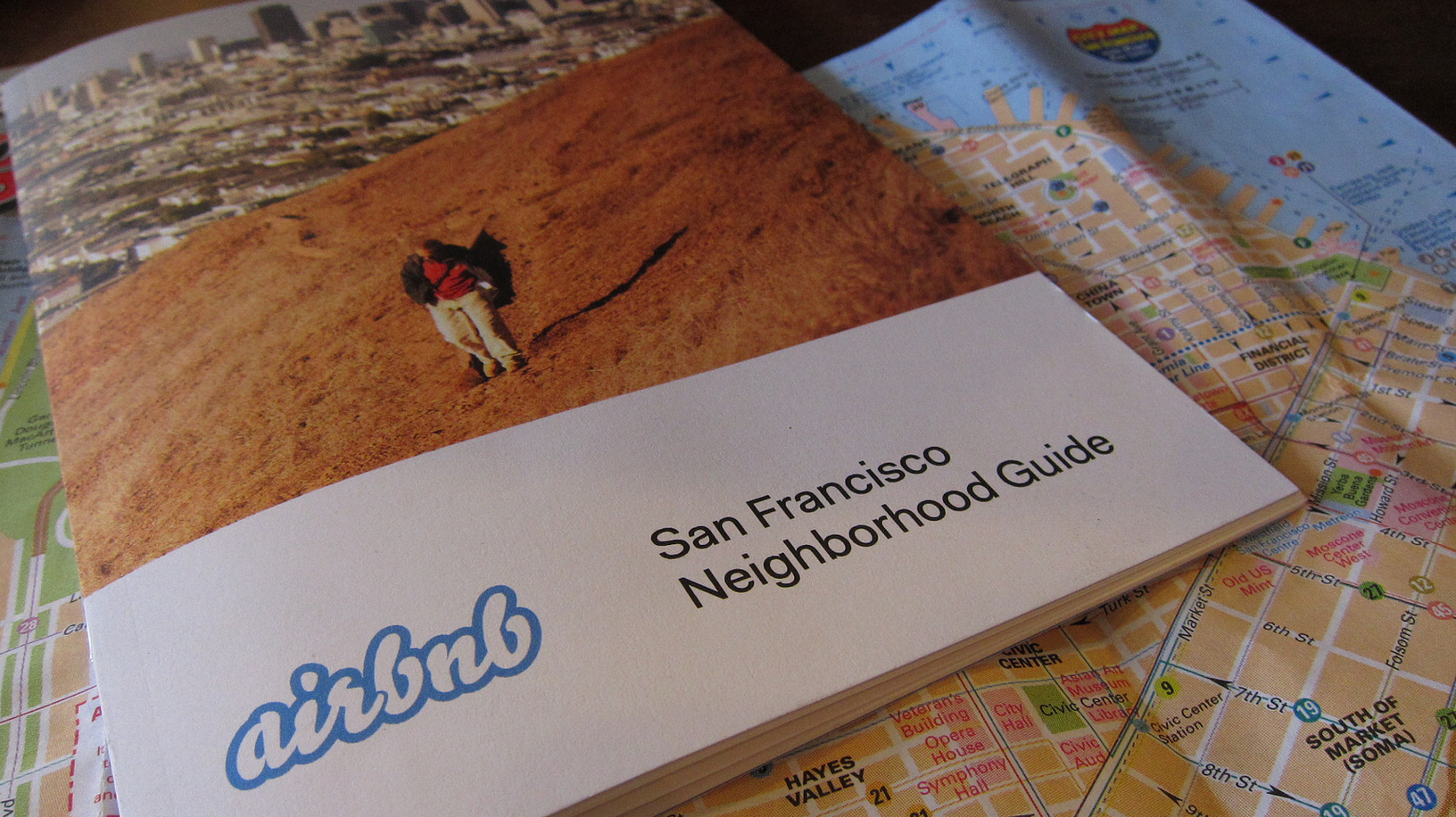People Are Fine With Airbnb, Until It Comes To Their Neighborhood
The folks at Skift.com asked two Airbnb-related survey questions.
The first is the unqualified question whether people should be allowed to “rent rooms in their homes for few days at a time to strangers, similar to a hotel?”
The good news for Airbnb and Airbnb hosts is that “I don’t care” was the most frequently chosen response (45%), followed by “Yes, it should be freely allowed” at around 26%.
Only 12% of respondents believe that Airbnb should not be allowed, making it the least popular response — to the first question.
The second question puts a qualifier on the location of the Airbnb property, asking if “your neighbor” should be permitted to rent rooms in their homes for a few days at a time to strangers.
Those two words change up the results — a lot.
While “I don’t care” remains the most popular response, and virtually unchanged at 46%, the idea of an Airbnb being right next door to your house appears to have a chilling effect on respondents’ generosity.
Suddenly, the “No” answers leap from last place to second place, representing more than 20% of responses. The people who think Airbnb hosts should be allowed to do what they want without regulation sinks nearly ten percentage points to 17%.
There are disparities on gender lines, with fewer men (10%) than women (18%) initially opposing all Airbnb operations. And when the neighbor factor is included, both males and females grew in their opposition (to 20% and 25%, respectively).
Feelings on Airbnb also varied depending on the type of area respondents live in.
Only about 11% of Urban respondents fully oppose Airbnb, though that number jumps up to nearly 20% when it involves a neighbor. These are slightly lower, but generally in line, with the national average.
In the suburbs, outright opposition to Airbnb is around 13%, and increases to more than 22% when asked about a neighbor. These are both above the national average.
Rural respondents were the most generous, with fewer than 11% of people opposing Airbnb in general, and only around 16% having a problem with the neighbor running an Airbnb spot.
Want more consumer news? Visit our parent organization, Consumer Reports, for the latest on scams, recalls, and other consumer issues.


